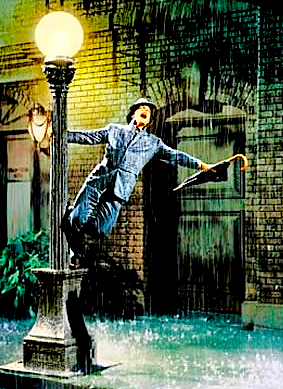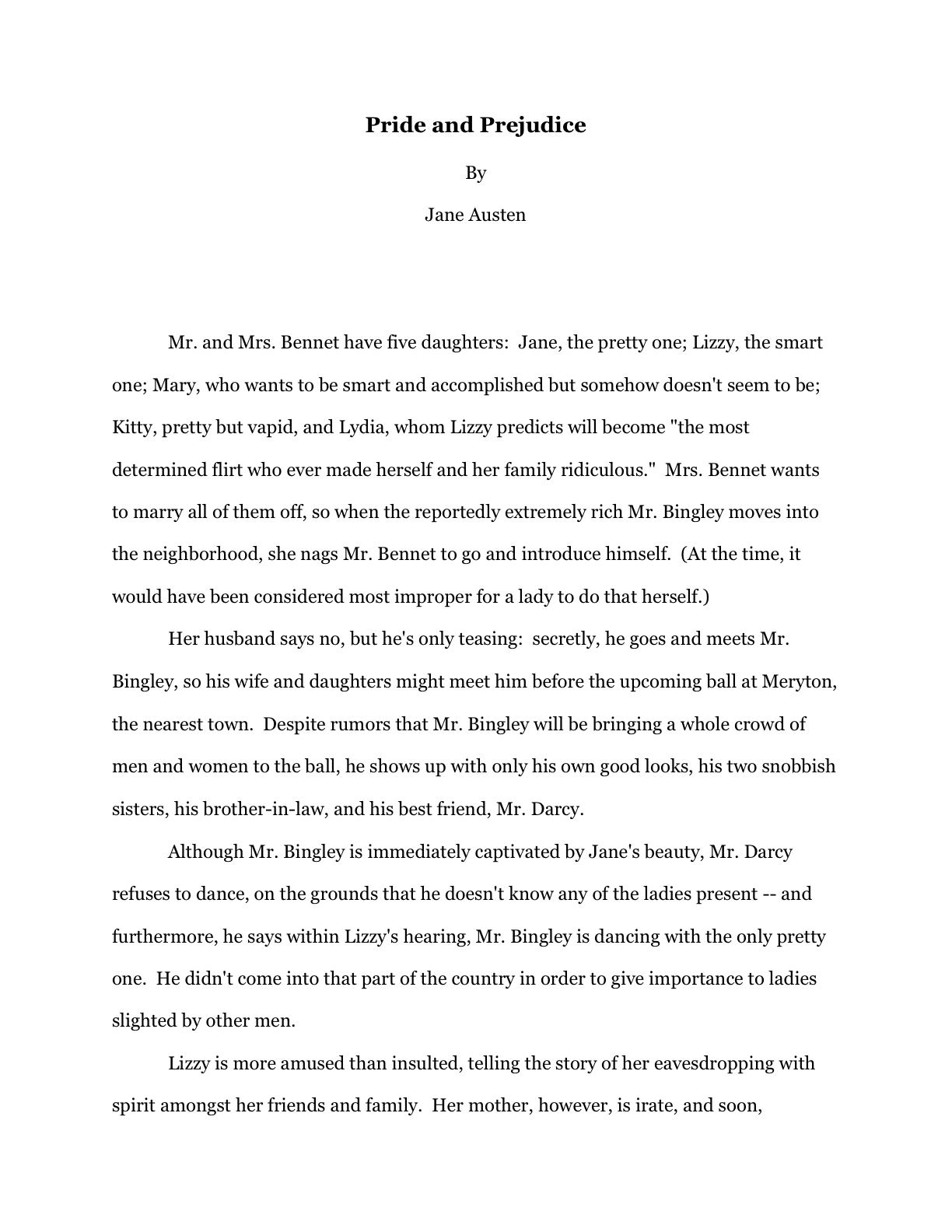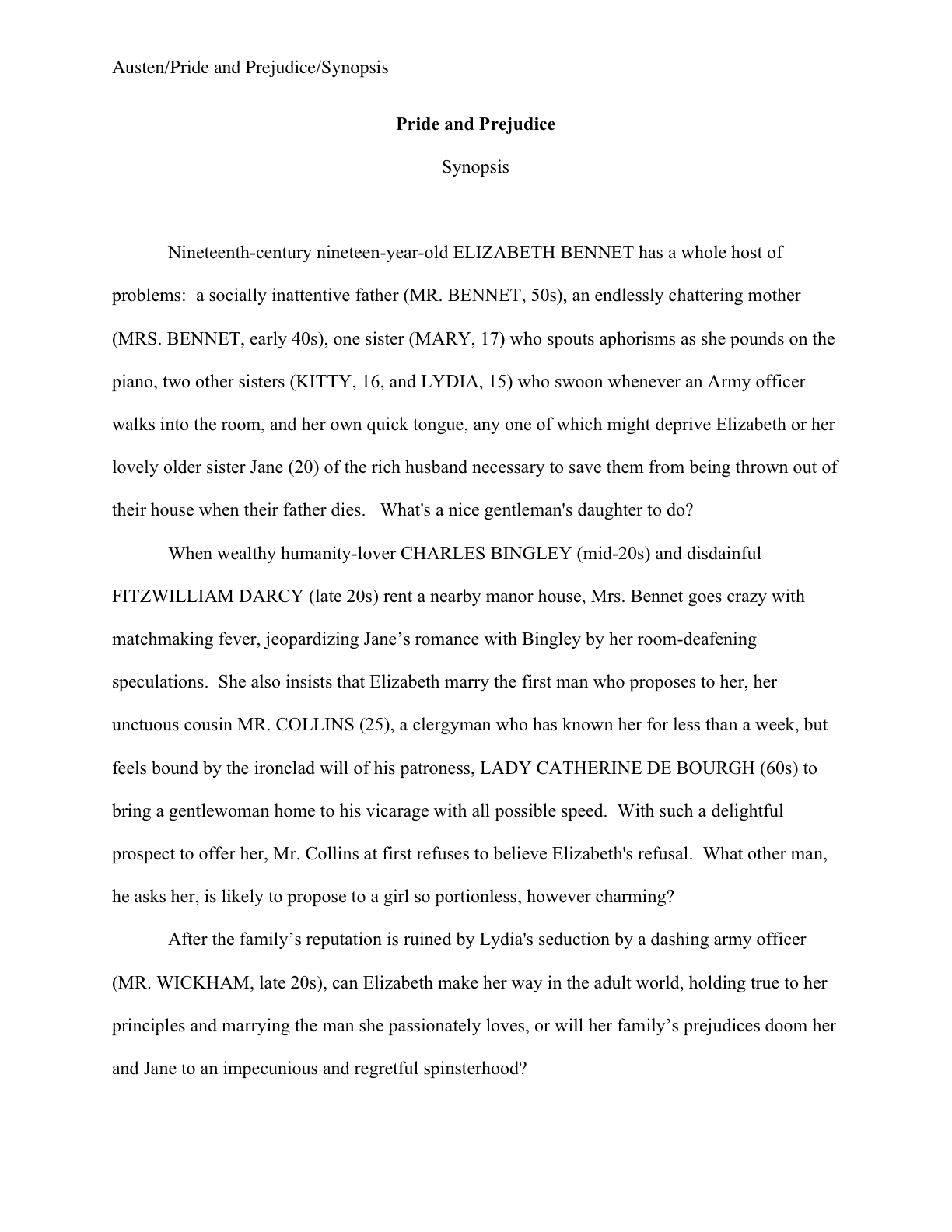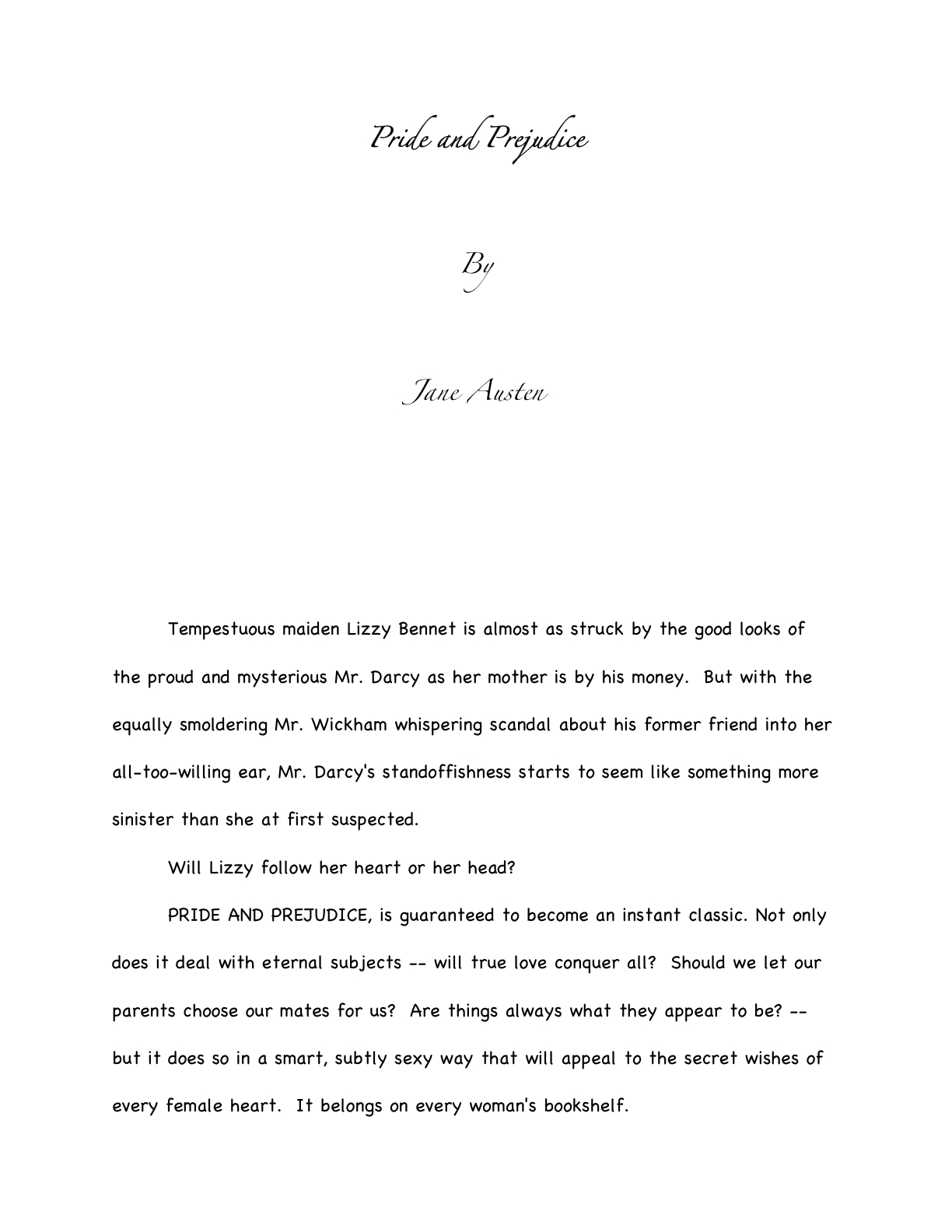After our long, in-depth foray into the delights of standard format for manuscripts, and as a segue into what I hope will be an extended romp through craft, with particular emphasis upon problems that tend to generate knee-jerk rejection responses, I’m devoting a few days this week to explaining briefly how a manuscript moves from the writer’s fingertips to publication. (My, that was lengthy sentence, was it not? The late Henry James would have been so proud.) There are several ways that this can happen, of course, and but for now, I’m concentrating upon what most people mean by a book’s getting published: being brought to press and promoted by a large publisher. In the US, that publisher’s headquarters will probably be located in New York, Los Angeles, or San Francisco.
Everyone clear on the parameters — and that what I am about to say might not be applicable to a big publishing house in Paris, Johannesburg, or Vladivostok, or to a small publisher domestically? Good. Let’s recap a bit from last time. While we’re at it, let’s get conversant with some of the terms of the trade.
How a manuscript typically comes to publication at a major U.S. publishing house these days (as opposed to way back when)
As we discussed, fiction is typically sold as a completed manuscript; nonfiction is usually sold as a book proposal, a packet of marketing materials that includes a sample chapter and a competitive market analysis, showing how the proposed book will offer the target readership something different and better than similar books already on the market. While the proposal will also include a summary of each of the chapters in the book-to-be-written (in a section known as the annotated table of contents; for tips on how to construct this and the other constituent parts of a book proposal, please see the HOW TO WRITE A BOOK PROPOSAL category on the archive list at right), the editor will often ask the writer to add or subtract chapters or change the book’s running order.
Which underscores a point I made last time: a nonfiction book proposal is essentially a job application wherein the writer is trying to convince the publisher to pay him to write the book being proposed; a novel is a product that the author is trying to sell.
I can already feel some of your eyes glazing over from jargon fatigue, can’t I? Hang in there; I assure you that there are plot twists to come.
A hundred years ago, writers who wished to get their books published went about it in a fairly straightforward manner, by approaching editors at major publishing houses directly. If the editor the author approached liked the book, he would take it to what was (and still is) known as an editorial committee, a group of editors and higher-ups who collectively decided what books the house would bring out in the months and years to come. If the editorial committee decided to go ahead with the project, the publisher would typically pay the author an advance against projected royalties, edit the manuscript, and have it typeset (by hand, no less).
Today, a writer who intends to approach a large U.S. publisher must do so through an agent. The agent’s job is to ferret out which editors might be interested in her clients’ books and pitch to them. Unless an editor happens to be exceptionally well-established at his or her house, however, s/he is not the only one who needs to approve a book’s acquisition: typically, the book will still go before an editorial committee.
At that point, it’s the acquiring editor’s turn to be the advocate for the book s/he wants to publish — and that’s not always an easy task, because other editors will be fighting for their pet projects as well. Since a publishing house can only afford to bring out a very small number of books in any given marketing season, the battle for whose project will see print can become quite intense, and not necessarily only amongst the editors around the table. At a large publishing house, the marketing and legal departments might weigh in as well.
If a manuscript makes it through the hurly-burly of the editorial committee, the editor will offer the writer a publication contract. (Actually, s/he will offer it to the writer’s agent, who will in turn discuss it with the author, but it amounts to the same thing.) Contractual terms vary widely, but at base, they will stipulate that in return for pocketing the lion’s share of the profits, the publisher would bear all of the production and promotional costs, as well as responsibility for getting the book onto bookstore shelves.
In return, the author will agree to provide the manuscript for by a particular date (usually quite soon for a novel — which, please recall, is already completely written before the agent takes it to the editor) or as much as a year and a half later for a book proposal. If the editor wants changes, s/he will issue an editorial memo requesting them.
Some of you just had a strong visceral reaction to the idea of being asked to alter your manuscript, didn’t you? If your heart rate went up by more than a third at the very suggestion, you might want to sit down, put your feet up, and sip a soothing beverage whilst perusing the next section. (Camomile tea might be a good choice.)
Why? Because when an author signs a book contract, she’s agreeing to more than allowing the publisher to print the book. Such as…
Control over the text itself
While the author may negotiate over contested points, the editor will have final say over what will go into the finished book. The contract will say so. And no, in response to what you’re probably thinking: you’re almost certainly not going to be able to win an argument over whether something your editor wants changed will harm the artistic merit of the book.
Sorry to be the one to break the bad news, but it’s better that you know the score going into the situation. Pretty much every first-time author faced with editorial demands has attempted to declare something along the lines of, “Hey, buddy, I’m the author of this work, and what you see on the page represents my artistic vision. Therefore, I refuse to revise in accordance with your misguided boneheaded downright evil suggestion. Oh, well, that’s that.” Or at least thought it very loudly indeed.
That’s an argument that might conceivably work for a well-established, hugely marketable author, but as virtually all of those aforementioned first-time authors could tell you, no one, but no one, at a publishing house is going to find the “My art — my way!” argument particularly compelling. Or even original.
Why? Well, remember my earlier quip about how publishing houses can only bring out a few titles in any book category per year, far, far more than their editors would like to bring to press? It’s never wise to issue a take-it-or-leave-it ultimatum to people so well equipped with alternatives that they can easily afford to leave it. Especially if the issue in question is something as small as cutting your favorite paragraph.
I’m telling you all this not to depress you — although it’s not all that difficult to imagine those last couple of paragraph having that effect — but so that you will not waste your energy and reputation on battling with your editor over every single requested change. Editorial control is built into the publishing process, after all; if you bring a book to successful publication, I can virtually guarantee that you will have to compromise on something. Learning to pick your battles, figuring out when give in gracefully and when to go to the mat, will serve both your interests and your book’s best in the long run.
May I hear an amen? No? How about a few begrudging grunts of acknowledgment? Well, suit yourself, but if you found that last argument trying, you might want to find something to bite down upon before you read on.
Why, you ask with trembling voice? Well, final say over the actual text and the ability to determine the timing of publication are not generally the only authorial rights one signs over via a publishing contract.
A few matters that most first-time authors are stunned to learn that they cannot dictate for their own books: the typeface, the type of binding, the use of italics or special fonts, the number of illustrations, if any, when it will come out, and what the cover will look like. Also almost always beyond a first-time author’s ability to do anything about: the book’s title (that’s generally the marketing department’s call, believe it or not) and whether there is an acknowledgments page (the reason that they have become rarer in recent years is not that authors as a group have magically become less grateful, but that, like the dedication and epigraphs — those nifty quotes from other authors that often appear in published works — they take up extra page space, and thus render publishing a book more expensive).
Hey, I’m just the messenger here. As a memoirist whose title was summarily changed by her publisher from something she expected to be changed (Is That You, Pumpkin?) to one that was bizarrely ungrammatical (A Family Darkly, a coy reference to A Scanner Darkly, which is in itself a reference to 1 Corinthians 13), believe me, my sympathies are squarely on the writers’ side on this one. (And no, Virginia, no employee of my former publishing house was ever able to explain to me with any degree of precision what they thought their preferred title meant.)
The moral, should you care to know it: while landing a publication contract for a first book is certainly a coup, you’ll have a much, much happier life as a professional writer if you don’t expect it all to be one big literary luncheon where the glitterati congratulate you warmly on the beauty of your prose and the insight of your book’s worldview. It’s going to be hard work — for a crash course in just how hard many first-time authors find it, take a gander at the GETTING GOOD AT INCORPORATING FEEDBACK category on the archive list at right — and if you’re going to be successful at it, you’re going to need to come to terms with what you can and cannot control.
Speaking of which…
The hows and whens of book publishing
Another matter that the publication contract will specify is the format in which the publisher will release the book — and no, it won’t be up to you whether your book will be released in hardcover or not. Historically, the author’s percentage has been higher for a hardcover book than for a paperback; until fairly recently, newspapers and magazines habitually reviewed only hardcovers for most novel categories, since that was the standard for high-quality fiction releases.
In the last 15-20 years, however, fiction (and quite a bit of nonfiction, too) has increasingly been released in trade paper, those high-quality softcovers that so conveniently may be rolled and stuffed into a pocket or backpack, so the earlier review restriction has softened. That’s definitely good news for first-time novelists, as well as those of us who like to lug around several different books when we travel.
Hey, a Kindle’s an electronic device — it has to be turned off for takeoff and landing.
Once an editor has acquired a manuscript, it is assigned a place in the publisher’s print queue. In other words, they will tell the author when the book will actually be printed. Since much must happen between the time the editor receives a finished manuscript and when it goes to press, the contracted date by which the author must provide the book is typically months prior to the print date. This often comes as a great big surprise to a first-time author.
If you wish to see your books published, though, you will have to come to terms with the fact that an author’s life is a hurry up/wait/hurry up/wait existence. The main manifestation of this: how long it takes for a major publisher to bring out a book. Although they sometimes will do a rush job to meet the demands of a current fad or news story, the typical minimum time between an author’s signing a book contract and the volume’s appearance in bookstores is at least a year. More often two.
And that’s for fiction — which, as you will no doubt recall, is already written before the publisher has any contact with the book at all. For nonfiction, the time lapse is often substantially longer, in order to permit the author to write the book in question.
So although one does indeed see books on current news stories hitting the shelves within a matter of weeks (the OJ Simpson trial, anyone?), that is most emphatically not the norm. A savvy writer takes this into account when constructing a narrative, avoiding references that might seem absolutely up-to-the-minute when he first types them, but will be as stale as last year’s fashions a year or two hence, when the book is finally available for readers to buy.
I could go on and on about timing and control issues, but I’m seeing some raised hands out there. “Um, Anne?” the excellent folks attached to those hands ask timidly. “I don’t mean to seem shallow about my writing, but I notice that you haven’t said much about how and when an author actually gets paid for her work. Since I will have invested years of unpaid effort in writing a novel or perhaps months in constructing a marketable book proposal, is it unreasonable for me to wonder when I might start to see some tangible return on that investment?”
Of course it isn’t. Let’s take a closer look at how and when a writer might conceivably start cashing in for those manuscripts and/or book proposals she’s written on spec.
How authors get paid for their books
An author who publishes through a large publisher is paid a pre-agreed proportion of the book’s sale price, known as a royalty. An advance against royalties (known colloquially just as an advance) is an up-front payment of a proportion of what the publisher expects the author’s percentage of the jacket price for the initial print run (i.e., the total number of books in the first edition).
Thus, the more spectacularly the publisher expects the book to sell, the larger the advance. And because the advance is by definition an estimate of a number that no human being could predict with absolute accuracy, if the publisher’s estimate was too high, and thus the advance too large for the royalties to exceed, the author is seldom expected to pay back the advance if the book doesn’t sell well. However, once the book is released, the author does not receive further royalty payments until after her agreed-upon share of the books sold exceeds the amount of the advance.
Since approximately 2/3rds of you just gasped audibly, let me repeat that last bit: the advance is not in addition to royalties, but a prepaid portion of them. An advance is not a signing bonus, as most people think, but a down payment toward what a publisher believes it will eventually owe the author.
While your jaw is already dropped, let me hasten to add that royalties over and above the advance amount are usually not paid on an as-the-books-sell basis, which could entail the publisher’s cutting a check every other day, but at regularly-scheduled intervals. Once every six months is fairly standard.
Don’t feel bad if you were previously unaware of how writers get paid; half the published authors I know were completely in the dark about that last point until their first books had been out for five months or so.
Yet another moral: it behooves you to read your publication contract carefully. If you don’t understand what it says, ask your agent to explain it to you; it’s her job.
Those hands just shot up again, didn’t they? “I’m glad you brought that up, Anne. You’ve made it clear why I would need an agent to help me though this process, which sounds like a drawn-out and somewhat unpredictable one. So how do I go about finding the paragon who will protect me and my work?”
I’m glad you asked, hand-raisers. Many aspiring writers believe, mistakenly, that all that’s necessary for a book to get published is to write it. However, as any author whose first book came out within the last decade could tell you, bringing one’s writing to the publishing industry’s attention can be almost as much work as the composition process — and has been known to take just as long or longer.
Again, sorry to be the one to break it to you, but it’s vital to a good writer’s happiness to understand that extended, frustrating, and difficult roads to publication are the norm for first books these days, not the exception.
Clinging to the common writerly misconception that if writing is any good, it will always be picked up by the first or second agent who sees it, or that a manuscript that doesn’t find a publisher within the first few submissions must not be well-written, is a sure road to discouragement, if not outright depression. Certainly, it makes a writer more likely to give up after just a few rejections.
Since the competition in the book market is fierce by the standards of any industry, realistic expectations are immensely helpful in equipping even the most gifted writer for the long haul. It can also be hugely beneficial in tracking down and working well with the helpful friend who will be toting your manuscript to publishers for you, your agent.
So how does a writer go about acquiring this valuable assistant? Unless one happens to be intimate friends with a great many well-established authors, one has two options: verbally and in writing.
But first, let’s talk about what an aspiring writer should NEVER do
Querying and pitching are an aspiring writer’s only options for calling a US-based agent’s attention to his or her work. Picking up the phone and calling, stopping them on the street, or other informal means of approach are considered quite rude.
Translation: they’re not going to work. Don’t even try.
The same holds true for mailing or e-mailing a manuscript to an agent without asking first if s/he would like to see it, by the way. This is universally an instant-rejection offense. Unlike in the old days, simply sending to an agent who has never heard of you will only result in your work being rejected unread: uniformly, agencies reject pages they did not actually ask to see (known as unsolicited submissions).
Is everyone clear on how to avoid seeming rude? Good. Let’s move on to the accepted courteous means of introducing yourself and your book.
Approaching an agent in writing: the query letter
The classic means of introducing one’s book to an agent is by sending a formal letter, known in the trade as a query. Contrary to popular belief, the query’s goal is not to convince an agent to represent the book in question — no agent is going to offer to represent a book or proposal before she’s read it — but to prompt the agent to ask the writer to send either the opening pages of the manuscript or the whole thing. After that, your good writing can speak for itself, right?
Think of the query as your book’s personal ad, intended to pique an agent’s interest, not as the first date.
Always limited to a single page in length, the query letter briefly presents the agent with the bare-bones information s/he will need in order to determine whether s/he wants to read any or all of the manuscript the writer is offering. This will be familiar to those of you who worked through my Querypalooza series last fall, but for the benefit of all of you New Year’s resolvers new to the game, here’s a list of the information a good query should include:
(1) Whether the book is fiction or nonfiction. You’d be surprised at how often queriers forget to mention which.
(2) The book category. Basically, the part of the bookstore where the publishing book will occupy shelf space. Since no agent represents every kind of book, this information is essential: if an agent doesn’t have connections with editors who publish the type of book you’re querying, he’s not going to waste either your time or his by asking to see it. (For guidance on how to determine your book’s category, please see the aptly-named HOW TO FIGURE OUT YOUR BOOK’S CATEGORY listing on the archive list on the lower-right side of this page.)
It’s also a good idea, but not strictly required, to point out who might be interested in reading your book and why; an agent is going to want to know that at some point, anyway. Of course, I’m not talking about boasting predictions like, “Oh, Random House would love this!” or “This is a natural for Oprah!” (you wouldn’t believe how often agents hear that last one) or sweeping generalizations like, “Every woman in America needs to read this book!” Instead, try describing it the way a marketing professional might: “This book will appeal to girls aged 13-16, because it deals with issues they face in their everyday lives. (For tips on figuring out who your book’s audience might be with this much specificity, please see the IDENTIFYING YOUR TARGET MARKET category at right.)
(3) A one- or two-paragraph description of the book’s argument or plot. No need to summarize the entire plot here, merely the premise, but do make sure that the writing is vivid. For a novel or memoir, this paragraph should introduce the book’s protagonist, the main conflict or obstacles she faces, and what’s at stake if she does or does not overcome them. For a nonfiction book, this paragraph should present the central question the book addresses and suggest, briefly, how the book will address it.
(4) The writer’s previous publishing credentials or awards, if any, and/or expertise that renders her an expert on the book’s topic. Although not necessarily indicative of the quality of a book’s writing, to an agent, these are some of your book’s selling points. For tips on figuring out what to include here, please see the YOUR BOOK’S SELLING POINTS category on the list at right.
(5) Some indication of why the writer thinks the agent to whom the letter is addressed would be a good representative for the book. As I mentioned above, agents don’t represent books in general: they represent specific varieties. Since they so often receive queries from aspiring writers who are apparently sending exactly the same letter indiscriminately to every agent in the country, stating up front why you chose to pick THIS agent is an excellent idea. No need to indulge in gratuitous flattery: a simple since you so ably represented Book X or since you represent literary fiction (or whatever your book category is) will do.
Should any of you have been considering querying every agent in the country, be warned: it’s a sure route to rejection, especially if a writer makes the mistake of addressing the letter not to a specific person, but Dear Agent. Trust me on this one.
(6) The writer’s contact information. Another one that you might be astonished to learn is often omitted. Yet if the agent can’t get hold of you, she cannot possibly ask to you to send her your manuscript, can she?
(7) A stamped, self-addressed envelope (SASE) for the agent’s reply. This isn’t part of the letter, strictly speaking, but it absolutely must be included in the envelope in which you send your query. No exceptions, not even if you tell the agent in the query that you would prefer to be contacted via e-mail.
I’m serious about this: don’t forget to include it. Queries that arrive without SASEs are almost universally rejected unread. (For tips on the hows and whys of producing perfect SASEs, please see the SASE GUIDELINES category on the list at right.)
Is there more to constructing a successful query letter than this? Naturally — since I’ve written extensively about querying (posts you will find under the perplexingly-named HOW TO WRITE A QUERY LETTER category on the archive list, if you’re interested) and how it should look (QUERY LETTERS ILLUSTRATED), the list above is not intended to be an exhaustive guide to how to write one.
Speaking of realistic expectations, do not be disappointed if you do not receive an instantaneous response to your query. Because a well-established agent may receive 800 to 1500 queries per week (yes, you read that correctly), it’s not uncommon for a regularly mailed query not to hear back for a month or six weeks. Some agencies do not respond at all if the answer is no. So it’s just poor strategy to query agents one at a time. (For a fuller explanation, please see the QUERYING MULTIPLE AGENTS AT ONCE category at right.)
Approaching an agent in writing, part II: the electronic or website-based query
Because of the aforementioned slow turn-around times for queries sent via regular mail, increasing numbers of aspiring writers are choosing to send their query letters via e-mail. There are pros and cons to this — which I shall go over at length in a day or two, when I fulfill a reader request for a Formatpalooza take on the subject.
Some agencies ask queriers fill out an electronic form that includes some or all of the information that’s in a traditional query letter. While some aspiring writers have landed agents in this manner, I tend to discourage this route, since typically, the word count allowed is sharply limited. (Some agency sites permit as few as 50 words for plot summaries, for instance.) Also, most writers just copy and paste material from their query letters into the boxes of these forms, substantially increasing the likelihood of cut-off words, missed punctuation, and formatting errors.
If you just cringed, in recognition of how people who read manuscripts for a living tend to react to these types of tiny errors: congratulations. Your chances of querying successfully are substantially higher than someone who doesn’t know to conduct intense proofreading upon ANYTHING that’s s/he sends an agent.
Remember, literally every sentence you send a potential agent is a sample of how good your writing is. Regardless of whether you choose to query electronically or via regular mail, it’s in your best interests to make sure that every syllable is impeccably presented.
Which is why, in case you were wondering, written queries were the only means of approaching agents until just a few years ago, and still the means that most of them prefer. (Short of a personal introduction, of course. Writers whose college roommates or best friends from elementary school grew up to be agents enjoy an undeniable advantage in obtaining representation that the rest of us do not enjoy.) If a potential client has trouble expressing himself in writing, is ignorant of the basic rules of grammar, or is just plain inattentive to those itsy-bitsy details I mentioned above, a written query will tend to show it.
To be fair, aspiring writers often prefer to query in writing, because that, after all, is presumably their strength. Besides, there are a lot of very talented but shy writers out there who would infinitely prefer to present their work from a distance, rather than in person. However, direct interaction with an agent is sometimes a plus.
Approaching an agent verbally: the pitch
A face-to-face presentation of a book concept to an agent is called a pitch, and it’s actually not indigenous to publishing: it’s borrowed from the movie industry. Screenwriters pitch their work verbally all the time. The reason that the publishing industry has been rather reluctant to follow suit is a corollary of the proof-is-in-the-pudding reason I mentioned above: not everyone who can talk about a book well can write one successfully, just as not every writer capable of producing magnificent prose is equally adept at describing it in conversation.
However, since writers’ conferences often import agents to speak, many set up formal pitching sessions for attendees. Sometimes they charge extra for the privilege; sometimes it’s included in the conference fee. It’s also sometimes possible to buttonhole an agent after a seminar or in a hallway, but many conference organizers frown upon that. (Contrary to conference-circuit rumor, it’s typically the conference bigwigs who object to hallway pitching, not the attending agents. Virtually nobody objects to being approached politely immediately after a conference panel — and if they do, they simply say no and walk away. But no matter how much you want a particular agent to represent you, it’s NEVER considered acceptable to attempt to pitch in a conference or literary event’s bathroom. Don’t let me catch you doing it.)
Like the query letter, the purpose of the pitch is not to convince the agent to sign a writer to a long-term representation contract on the spot, but to get the agent to ask the writer to mail him or her chapters of the book. (To engage in another parenthetical just-between-us chat: contrary to what conference brochures often imply, agents virtually never ask a pitcher to produce anything longer than a five-page writing sample on the spot. Since manuscripts are heavy, they almost universally prefer to have writers either mail or e-mail requested pages. I don’t know why conference organizers so often tell potential attendees otherwise.)
In order to achieve that, you’re going to need to describe your book compellingly and in terms that will make sense to the business side of the industry. In essence, then, a pitch is a verbal query letter.
Thus, it should contain the same information: whether it is fiction or nonfiction, the book category, the target audience, any writing credentials or experience you might have that might provide selling points for the book, and a BRIEF plot summary. Most conference organizers are adamant about the brief part: their guidelines will commonly specify that the summary portion should take no more than 2 minutes.
Did I just hear all of you novelists out there gulp? You honestly do not have a lot of time here: scheduled pitch sessions may range in length anywhere from 2-15 minutes, but most are 5-10.
Usually, they are one-on-one meetings in a cramped space where many other writers are noisily engaged in pitching to many other agents, not exactly an environment conducive to intimate chat. At some conferences, though, a number of writers will sit around a table with an agent, pitching one after the other.
Yes, that’s right: as if this situation weren’t already stressful enough, you might have to be doing this in front of an audience.
While the opportunity to spend telling a real, live agent about your book I’m going to be honest with you: the vast majority of aspiring writers find pitching absolutely terrifying, at least the first time they do it. Like writing a good query letter, constructing and delivering a strong pitch is not something any talented writer is magically born knowing how to do: it’s a learned skill. For some help in learning how to do it, please see the HOW TO PREPARE A PITCH category on the list at right.
In case I’m being too subtle here: if you are looking for in-depth analysis on any of these subjects or step-by-step how-tos, try perusing the category list at right.
Since I usually tackle these issues on a much more detail-oriented basis — a hazard of my calling, I’m afraid — I’m finding it quite interesting to paint the picture in these broad strokes. Next time, I shall talk a bit about what happens after a query or submission arrives at an agency — and perhaps use that as a segue into that aforementioned additional Formatpalooza post, by special reader request.
The joint is going to be jumping here at Author! Author! Keep up the good work!



















 unfortunately, writers all too often automatically assume that it’s the idea of the book being rejected, rather than a style-hampered querying letter or a limp synopsis.
unfortunately, writers all too often automatically assume that it’s the idea of the book being rejected, rather than a style-hampered querying letter or a limp synopsis.


